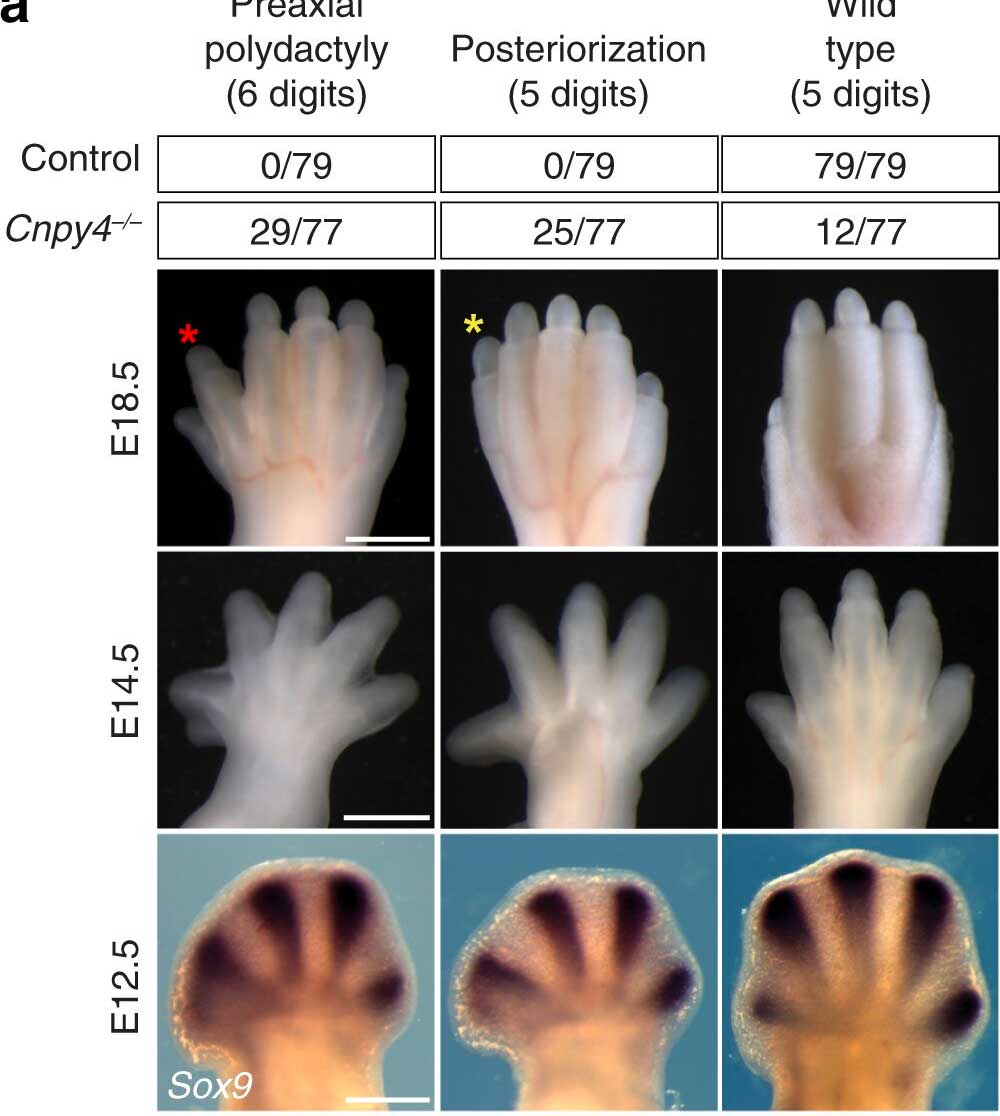A critical gene that plays a role in the development of the embryo in the mother’s womb has been discovered. According to the research results, the gene may explain why some babies are born with abnormal physical characteristics (disability) or why some adults have diseases such as cancer.
Human embryos develop after a series of complex cellular processes that take place in the womb. Hands and feet, head, hair, eyes and many other organs or organs are formed as a result of these processes. The gene discovered as a result of a new study focusing on these exciting developmental stages in the mother’s womb, both the birth of babies with disabilities or physical abnormalities and the cause of critical diseases such as cancer that can be experienced in adulthood. can shed light.
The chemical reactions in the cellular processes that enable the development of embryos are called “signal pathways”. These signaling pathways activate the molecules in the embryo cells and enable the embryo to develop. There are many signaling pathways that enable the development of many organs and limbs, and the most important of them is the master regulator of embryo development. “Hedgegog road” known as.
The discovered gene is effective in the entire process of transforming the embryo into a baby and the baby into an adult:
After your discovery cnpy4 The gene in question, called Hedgegog, is said to play a role in cellular developments in the Hedgegog pathway, which is one of the signaling pathways mentioned above. The Hedgegog pathway begins with the development of the human embryo in the mother’s womb and accompanies it after birth during the human adulthood.
The scientists who organized the study mutated the Cnpy4 gene in mouse embryos in vitro. are born with extra fingers and toes they observed. In fact, physical abnormalities are detected in the spine and ribs of some baby mice.
The results will be used to prevent cancer before it is born or to treat it more easily in the coming years:

Studies conducted at the Cedars-Sinai Research Center in Los Angeles, USA, show a viable way to prevent cancer before babies are born or in adulthood. However, since the gene called Cnpy4 has just been discovered, it is not known what consequences it will have when the parts that cause cancer or physical abnormalities are modified.
